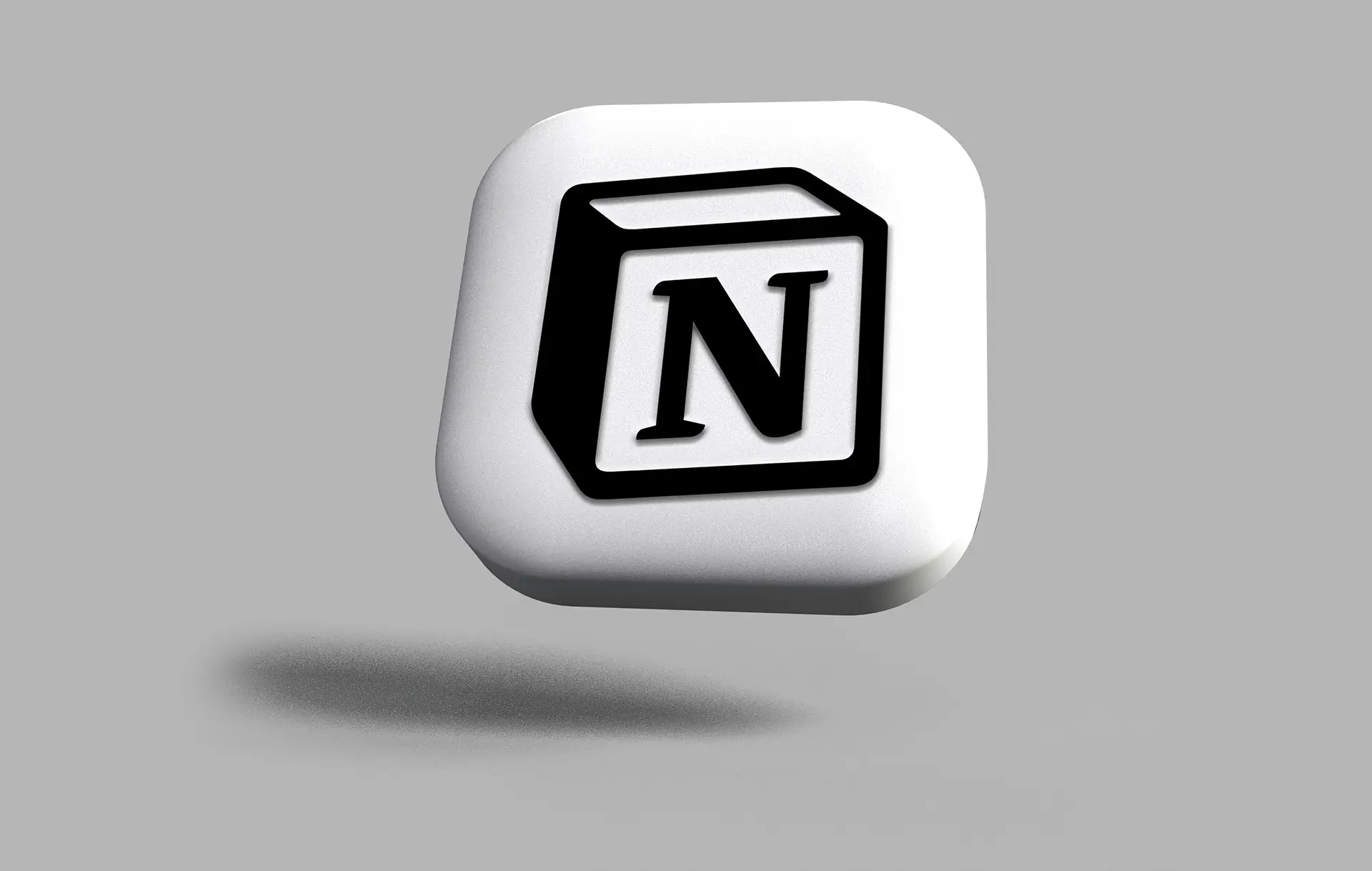In an era where remote work and digital collaboration have become the norm, the concept of team collaboration in the modern workplace is evolving rapidly. It embodies the way individuals come together, share information, and complete tasks seamlessly, regardless of geographical boundaries. Among the myriad of collaboration tools available, Notion has emerged as a significant player. This article aims to explore whether Notion truly represents the ultimate solution for enhancing team collaboration and why assessing collaboration tools is vital for boosting productivity and efficiency.
A comprehensive overview of Notion
Notion is a multifunctional digital workspace that combines note-taking, task management, project planning, and database features into a single platform. This integration sets Notion apart from many traditional collaborative tools, providing a versatile environment where teams can brainstorm, document, and track their workflows efficiently.
The evolution of Notion
Launched in 2016, Notion has experienced remarkable growth in usage and popularity among various teams and organizations. Initially met with some skepticism, its all-in-one capabilities have gained traction, especially as teams seek solutions that can streamline their workflows amidst growing demands for efficiency and flexibility.
Key features of Notion that enhance collaboration
One of the standout aspects of Notion is its core features designed explicitly for enhancing team collaboration.
A centralized all-in-one workspace
Notion serves as a centralized hub where notes, databases, tasks, and wikis coalesce. This integration offers a clear advantage over specialized tools like Trello or Slack, which might only address specific aspects of team collaboration. The comparison with products such as Google Workspace further emphasizes Notion's ability to encapsulate various functionalities without the need for multiple applications.
Customization and flexibility
Notion excels in providing customization options. Teams can build tailored workspaces that fit their unique workflows and cultures. With an assortment of templates for different purposes, including project management, meeting notes, and company wikis, users can adapt Notion to their specific team needs, enhancing overall productivity.
Real-time collaboration features
One of Notion's most impressive features is its real-time collaboration capabilities. Multiple users can edit documents simultaneously, ensuring that team members remain aligned. The platform also supports comments and discussions in context, facilitating effective communication and feedback loops within the workspace.
Integration with other tools
Notion's compatibility with various external applications, including Google Drive and Figma, allows teams to incorporate their existing workflows into the platform seamlessly. Additionally, Notion offers APIs for automation, providing further opportunities to streamline processes and enhance team efficiency.
Advantages of using Notion for team collaboration
Adopting Notion yields several advantages that can elevate team collaboration.
Enhanced organization and efficiency
By allowing task tracking and project management within a dedicated space, Notion acts as a centralized knowledge base. This structural organization reduces time spent searching for information, leading to increased efficiency.

Improved communication
Notion's design minimizes the reliance on email for updates and communications. Its integrated commenting system allows for streamlined feedback, significantly improving communication among team members.
Accessibility for remote work
Being cloud-based, Notion ensures that team members can access their work from any device and location. Its cross-device synchronization facilitates a seamless transition between different platforms, which is crucial for remote teams.
Challenges and limitations of Notion in team collaboration
Despite its many strengths, Notion does present some challenges that teams need to consider.
A steep learning curve
Notion's complexity can be intimidating for new users. It requires a significant time investment for training and onboarding to optimize its use effectively. This learning curve may hinder quick adoption, especially in fast-paced environments.
Risks of over-reliance on a single tool
While Notion's all-in-one design can be advantageous, it also poses the risk of feature overload. Teams might find themselves relying too heavily on one tool, raising concerns about data loss and dependency should issues arise.
Limitations of offline functionality
Notion's greatest limitation lies in its offline capabilities. Without an internet connection, users cannot access their work, which can be problematic for remote teams in areas with unreliable connectivity.
A comparative analysis of Notion with other collaboration tools
A thorough comparison of Notion with other leading collaboration tools can provide insight into its effectiveness.
Notion versus Trello
While Trello focuses primarily on project management through visual task boards, Notion's comprehensive nature allows it to handle project management while also serving as a powerful documentation tool.
Notion versus Asana
Asana prides itself on task management capabilities. However, Notion's flexibility offers an all-in-one solution that may better suit teams seeking more than just task management.
Notion versus Microsoft Teams
Microsoft Teams excels in communication features, but Notion's integration capabilities and flexibility for document management provide a distinct advantage for teams looking to centralize their workflows.
Real-world case studies and user testimonials
Numerous teams across various industries have successfully implemented Notion, citing improved organization and communication. For instance, marketing teams have leveraged Notion's templates for campaign management, while software development teams have utilized it for project tracking. User testimonials often highlight Notion's robust features and responsive community, though some have pointed out the aforementioned learning curve as an area for improvement.
Evaluating Notion's role in team collaboration
In summary, Notion offers a rich array of features that support team collaboration, including an all-in-one workspace, customization options, and real-time editing capabilities. While it is clear that Notion has established itself as a powerful tool in the collaborative landscape, whether it stands as the ultimate solution depends on the specific needs and workflows of individual teams. Organizations are encouraged to assess their unique requirements and consider Notion as a viable option for enhancing productivity and collaboration.
Exploring Notion's capabilities could open new avenues for teams looking to refine their collaboration strategies. With its innovative features and continued evolution, Notion may indeed bridge the gap between traditional tools and the future of collaborative workspaces.











